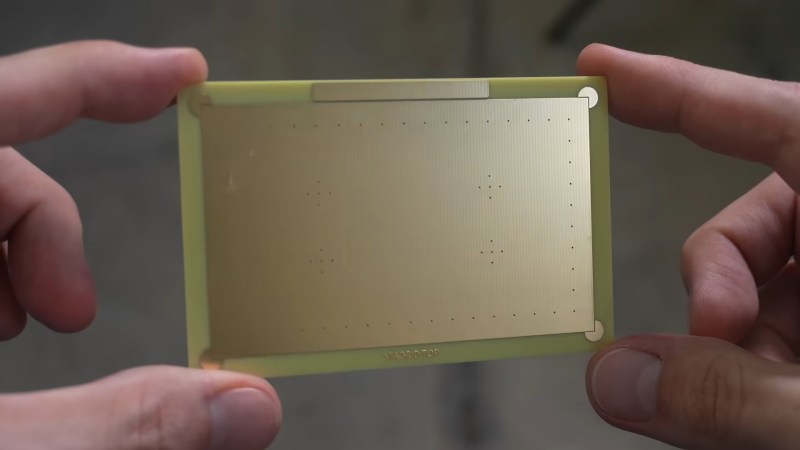How many costly mistakes have you made in prototyping that could've been avoided with a little foresight? With advancements in spectral rendering, we’re finally stepping into a realm where light and materials behave as they do in the real world. This isn't just geek-speak; it’s a game changer for anyone in product design and VFX.
Imagine being able to visualize your product’s aesthetics and functionality without building multiple physical prototypes. It's like having a crystal ball for design flaws! As we adopt more physics-based approaches, the need for costly trial and error fades.
What do you think about this shift toward more accurate rendering techniques? Ready to embrace the future of prototyping?
#ProductDesign #SpectralRendering #Prototyping #Innovation #UnrealEngine
Imagine being able to visualize your product’s aesthetics and functionality without building multiple physical prototypes. It's like having a crystal ball for design flaws! As we adopt more physics-based approaches, the need for costly trial and error fades.
What do you think about this shift toward more accurate rendering techniques? Ready to embrace the future of prototyping?
#ProductDesign #SpectralRendering #Prototyping #Innovation #UnrealEngine
How many costly mistakes have you made in prototyping that could've been avoided with a little foresight? 🤔 With advancements in spectral rendering, we’re finally stepping into a realm where light and materials behave as they do in the real world. This isn't just geek-speak; it’s a game changer for anyone in product design and VFX.
Imagine being able to visualize your product’s aesthetics and functionality without building multiple physical prototypes. It's like having a crystal ball for design flaws! As we adopt more physics-based approaches, the need for costly trial and error fades.
What do you think about this shift toward more accurate rendering techniques? Ready to embrace the future of prototyping?
#ProductDesign #SpectralRendering #Prototyping #Innovation #UnrealEngine
0 Comments
·0 Shares












